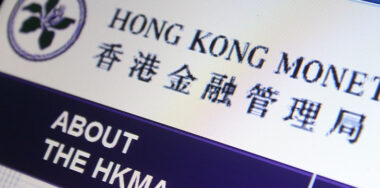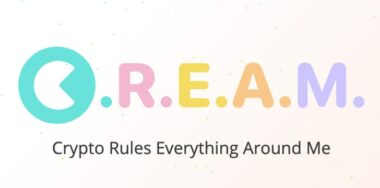A proposal by the largest private bank in Brazil, Itaú Unibanco, to build a decentralized finance (DeFi) liquidity pool has been selected to join the Banco Central do Brasil’s (BCB) Laboratory of Financial and Technological Innovations (LIFT) Challenge initiative.
The proposed platform will deploy blockchain technology and smart contracts in asset custody, currency exchange, and alternative investment financial services. The platform will operate similar to liquidity pools on DeFi protocols in the digital assets market, but strictly with tokens that emulate stablecoins—digital currencies that are pegged 1:1 with fiat currencies—the BCB said in a notice.
The LIFT initiative also accepted seven other financial innovation proposals. Among them are Celso Jungbluth’s to build a blockchain-based decentralized microcredit solution called Easy Hash; Lovecrypto LTDA’s to make the digital real interoperable with the Celo blockchain; and Nest to deploy smart contracts and stablecoins in bank credit notes (CCB) transactions.
Three of the other four projects focus on introducing improvements to the BCB’s instant payment platform, Pix, while the fourth is a Fintech microcredit platform proposal.
The accepted proposals are anticipated to meet four milestones before the end of the year after kicking off development on September 12. They are expected to present a detailed project scope by October 15, provide a functional prototype by November 15, and make a final delivery and technical report by December 15.
“The publication of a new edition, now covering 8 projects, represents an important milestone for LIFT LAB, which completes 5 years of operations,” the head of division in the Information Technology Department of the Central Bank, André Siqueira, said.
Brazil pushing financial innovation through blockchain adoption
The BCB introduced the LIFT initiative in collaboration with the National Federation of Central Bank Server Associations (Fenasbac). In this period, 60 innovative prototypes have been developed by 106 accepted proposals.
However, the initiative has been leaning towards pushing blockchain adoption in Brazil’s financial system recently. Back in March, it carried out a special CBDC edition in which it selected eight firms to help it develop innovative use cases for the digital real. These included Visa, Saved, Giesecke+Devrient, VERT, Tecban, Mercado Bitcoin, Banco Santander Brasil, as well as Itaú Unibanco.
Meanwhile, Itaú Unibanco also has its own blockchain-based project it is working on. In July, the bank revealed that it is developing a tokenization platform that may also allow for the trading of digital assets.
Watch: The BSV Global Blockchain Convention panel, Blockchain for Digital Transformation of Nations
New to blockchain? Check out CoinGeek’s Blockchain for Beginners section, the ultimate resource guide to learn more about blockchain technology.









